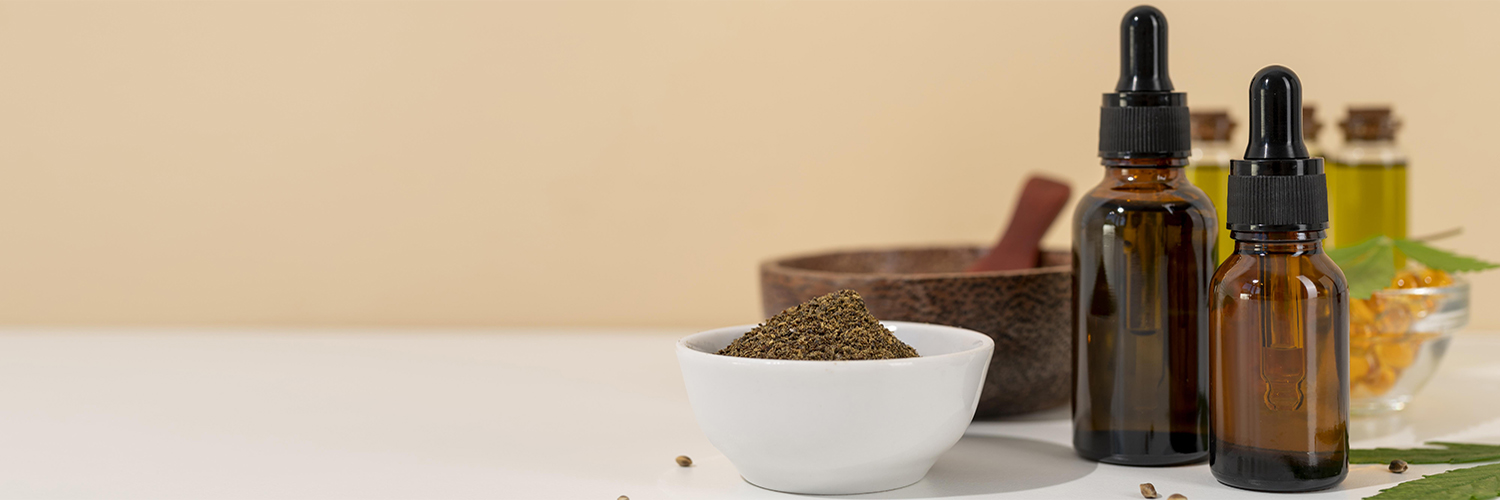
Our Essential oils are highly concentrated.
Essential oils are highly concentrated, aromatic liquids derived from various parts of plants, including leaves, flowers, stems, bark, and roots. They are often used in aromatherapy, personal care products, and natural remedies due to their unique scents and potential therapeutic properties.
-
Extraction Process: Essential oils are typically extracted through methods such as steam distillation, cold-pressing, or solvent extraction. These processes capture the volatile compounds present in the plant material, resulting in potent and aromatic oils.
-
Aromatherapy Benefits: Essential oils are renowned for their aromatic qualities, which can have a profound impact on our mood, emotions, and overall well-being. The inhalation of essential oil vapors through diffusers or direct inhalation can promote relaxation, uplift the spirit, improve focus, and create a calming atmosphere.
-
Therapeutic Properties: Many essential oils possess natural therapeutic properties that have been utilized for centuries. While scientific research is ongoing, essential oils are believed to have potential benefits for various conditions, including stress, anxiety, sleep disturbances, skin issues, respiratory problems, and more. However, it is important to note that essential oils should not replace professional medical advice and treatment.
-
Versatile Applications: Essential oils can be used in a multitude of ways. They are commonly added to carrier oils, lotions, or creams for topical application. They can also be incorporated into bath products, massage oils, or diffused into the air. Some essential oils are used in cleaning products, natural perfumes, or as ingredients in personal care items like shampoos and soaps.
-
Dilution and Safety: Due to their potency, essential oils should be used with caution and in proper dilution. Most essential oils should be diluted in a carrier oil, such as almond, coconut, or jojoba oil, before applying to the skin. It is important to follow recommended guidelines, perform patch tests, and consider individual sensitivities or allergies.
-
Wide Range of Scents: Essential oils offer a vast array of captivating scents, ranging from floral and citrusy to woody and spicy. Each essential oil has its own unique aroma profile, allowing for personal preference and the creation of customized blends to suit individual preferences or specific purposes.
-
Quality and Sourcing: The quality of essential oils can vary, and it is essential to source them from reputable suppliers. High-quality essential oils are typically derived from plants that are grown and harvested in optimal conditions, using sustainable practices. Look for oils that are 100% pure, free from additives or synthetic fragrances, and undergo rigorous testing to ensure their purity and authenticity.
It's important to note that individual experiences with essential oils may vary, and it is advisable to consult with a qualified aromatherapist or healthcare professional for personalized guidance on their use.
Disclaimer: The information provided here is for general informational purposes only and should not be considered medical advice. Please consult with a healthcare professional before using essential oils, especially if you have specific medical concerns or conditions.